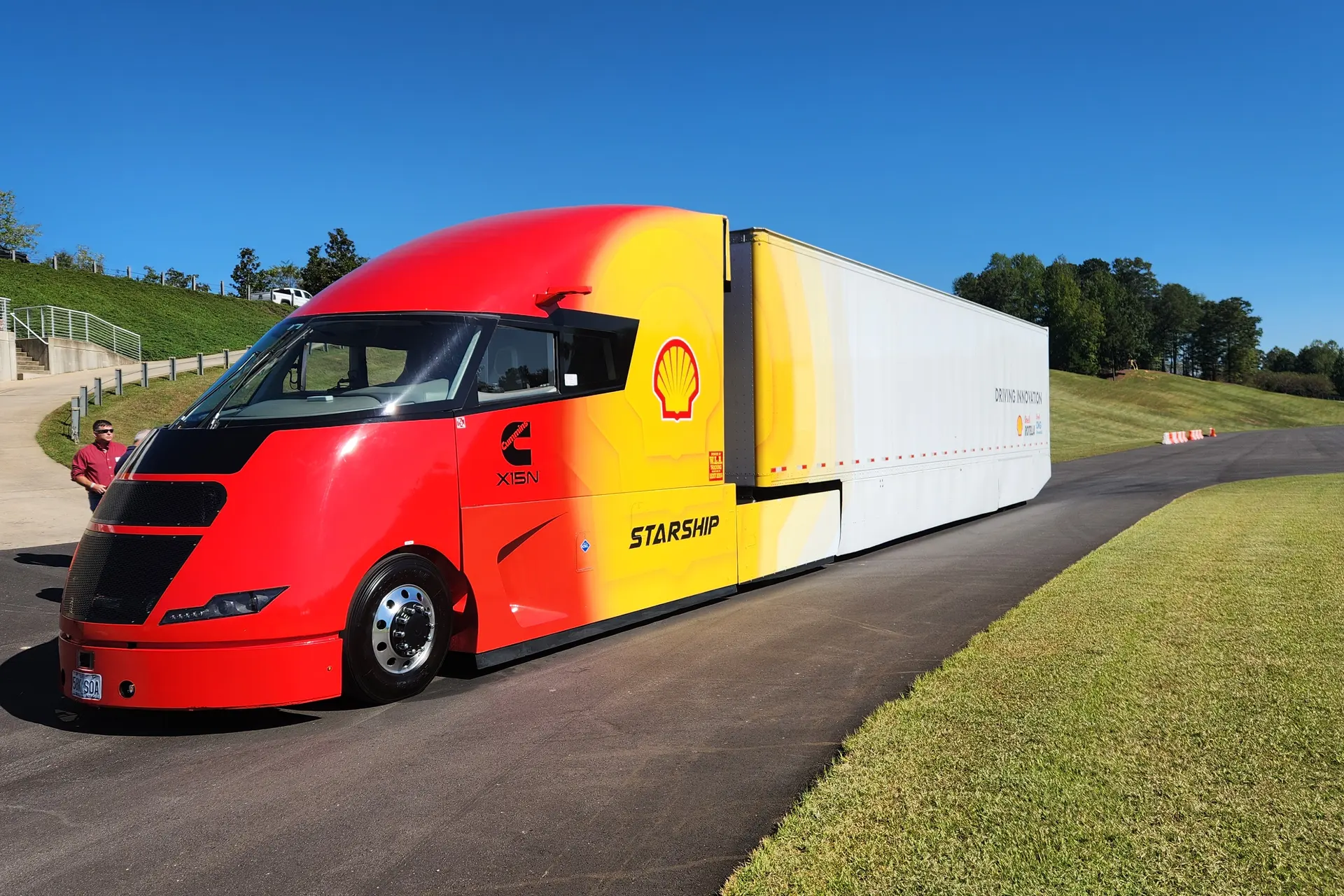How To Get Your Under-21 Drivers Insured

Technology like active breaking, collision mitigation systems, dash cameras and even steer correction are all powerful technologies being implemented. Motor carriers around the nation are slowly implementing these technologies to improve driver safety. But one aspect that isn’t spoken about as frequently is the potential to allow certain drivers like those under the age of 21 to still be insured.
The U.S. Department of Transportation’s Federal Motor Carrier Safety Administration (FMCSA) is working on a pilot program to allow 18-, 19- and 20-year-old drivers to operate commercial motor vehicles in interstate commerce, creating regulatory pathways for the conversation about insuring those drivers to come up.
The goal of the pilot program is to close the increasing gap between old and new drivers as the workforce is quickly aging. Currently aging truck drivers are leaving the trucking industry faster than they are able to be replaced which is further contributing to the driver shortage in the United States. This driver shortage is having a significant impact on the economy overall. With the inclusion of interstate drivers from age 18 rather than 21, the industry would be in a place to better combat the shortage of 80,000 drivers.
“There will be very few to be insured. I don’t think there’s a chance that it makes enough of an impact because we’re talking about a handful of drivers. In the absence of a real insurance program to underwrite it, you’re not going to see widespread adoption other than with the bigger carriers who have their own self-insured retention so they don’t need to rely on that primary insurer,” he said. “Technology does help … There’s no question about it. But at the end of the day, until you’re dealing with a 100% autonomous vehicle, there’s still a driver who’s responsible for what’s going on, and all the cameras in the world and all the technology in the world …” isn’t going to coax an insurance provider to cover that driver.
And Yankelewitz, chief operating officer of Central Analysis Bureau (CAB)
One aspect that is rarely discussed are results of enabling bad behavior. With the implementation of advanced technology there could potentially create a feeling of safety which might result in drivers being more risky. An example of this would be automatic braking systems leading to drivers feeling comfortable taking their eyes off the road, because they believe the auto break system could protect them in a worst case scenario.
Other industry professionals have alternative takes on the situation and in some cases they aren’t even interested in the age or experience of a driver. To them its more important to focus on credibility of the data in general and the integrity of the data available about the specific driver. They are interested in focusing on who manages the drivers, who are the organizations/entities that contribute to the systemic issues in the industry.
“… a jury isn’t going to look at the age of a driver or how much experience they have; it is going to focus on systemic issues within the motor carrier that has much deeper pockets than the driver, so a company’s infrastructure – its safety program, training program, people, etc. – is important”
Bryan Nelson, a partner at Taylor Johnson PL
“It’s all about company culture. “If you don’t have the fundamental things in place to make sure a 26-year-old doesn’t get into an accident, it’s not going to make a difference if you hire an 18-year-old. Fundamentally, you have to have things in place, proactive processes that are going to mitigate your risk,” he said. “If you’re just doing the old mirror test: ‘You’re breathing in a truck, I’ve got loads for you today,’ then that’s the wrong approach.”
Jon Stanley, managing partner at Synergy-Solutions LLC
At the end of the day, when it comes to safety it isn’t about the drivers time behind the wheel. It’s about their approach to safety and their competency overall. And that starts all the way back at the training stages, having a good instructor, putting a focus on safety. From there it becomes the various carriers and company’s responsibility to vet and choose the right candidates when hiring, focusing on drivers that are competent and put safety as a priority.
With over 20+ years in the trucking insurance industry Cook Insurance Group combines national reach with local service to address the needs of large fleet, small fleet, single owner and tow trucking operations, and to charter bus lines. We ONLY serve the Trucking industry, providing the best trucking insurance. Let our friendly, bi-lingual staff help you find the right insurance protection at the right cost.
Cook Insurance Group is dedicated to meeting the needs of both small and large fleet trucking companies. Our reps handle every aspect of your program, ensuring you have the best trucking insurance plan for your specific needs. We work closely with you to manage your plan on an ongoing basis.
At Cook Insurance Group, we provide immediate certificate and ID card insurance, including 24/7 certificate availability. We leverage our client portal which allows you to access and issue certificates, check claim status and view policies. Cook Insurance Group is prompt and reliable, including 24-hr claims reporting. (Physical Damage and Motor Truck Cargo). We also provide educational seminars for management and drivers of companies.
At Cook Insurance Group we have licensed risk managers available to assist you with CSA scores and driver training. We provide border risk coverage (NAFTA) and mid-year loss run reviews.
Choose Cook Insurance Group for all of your trucking insurance needs whether you are located in Texas, Arizona or Arkansas.



